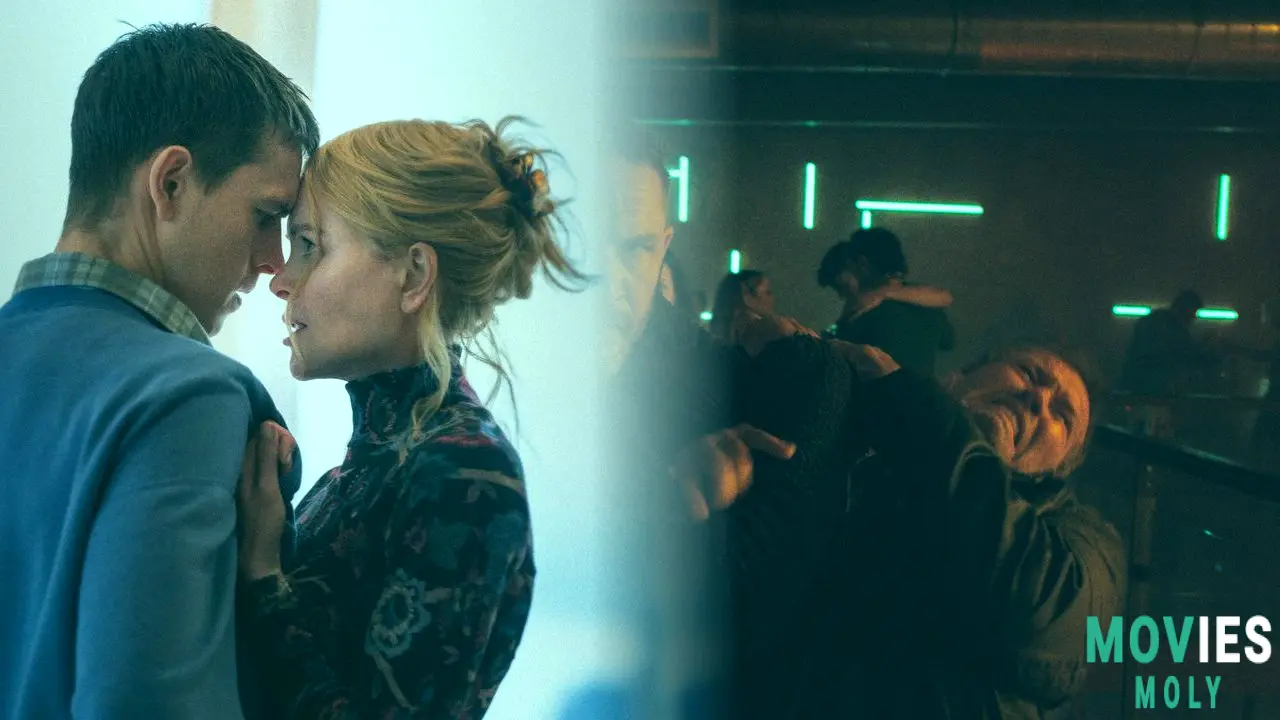Four years in the making, and it was worth every agonizing minute of the wait. That’s how it feels to finally witness Havoc, the latest Netflix original that pairs Tom Hardy with director Gareth Evans (The Raid, Gangs of London) in a blood-soaked dance of chaos, grit, and grimy neon glory. If you’ve been craving a streaming action-thriller that doesn’t just check the boxes but shatters them into a spray of bullet casings, this is your film.
Hardy’s Walker isn’t a superhero, but he packs that genre’s punchPlaying a world-weary, morally ambiguous detective named Walker, Hardy slips back into the type of persona that feels both familiar and freshly sharp. There’s no symbiote goo or over-the-top vocal fry here—just a tight-lipped, grim-faced cop with a tainted past and a thirst for survival. While Walker may not break new ground in characterization, Hardy’s performance grounds the mayhem in a relatable weariness. He’s not a hero. He’s not even particularly likable. But when he’s in the middle of a muzzle-flash ballet, you’re rooting for him anyway.
It’s easy to see echoes of Hardy’s Eddie Brock in Walker’s delivery—deadpan one-liners punctuated by explosive outbursts—but stripped of Venom’s cartoonish energy, Hardy gives us a man who speaks more through bruises than words. And honestly, that’s a dialogic style that suits him perfectly.
Gareth Evans elevates action into a comic-book spectacle
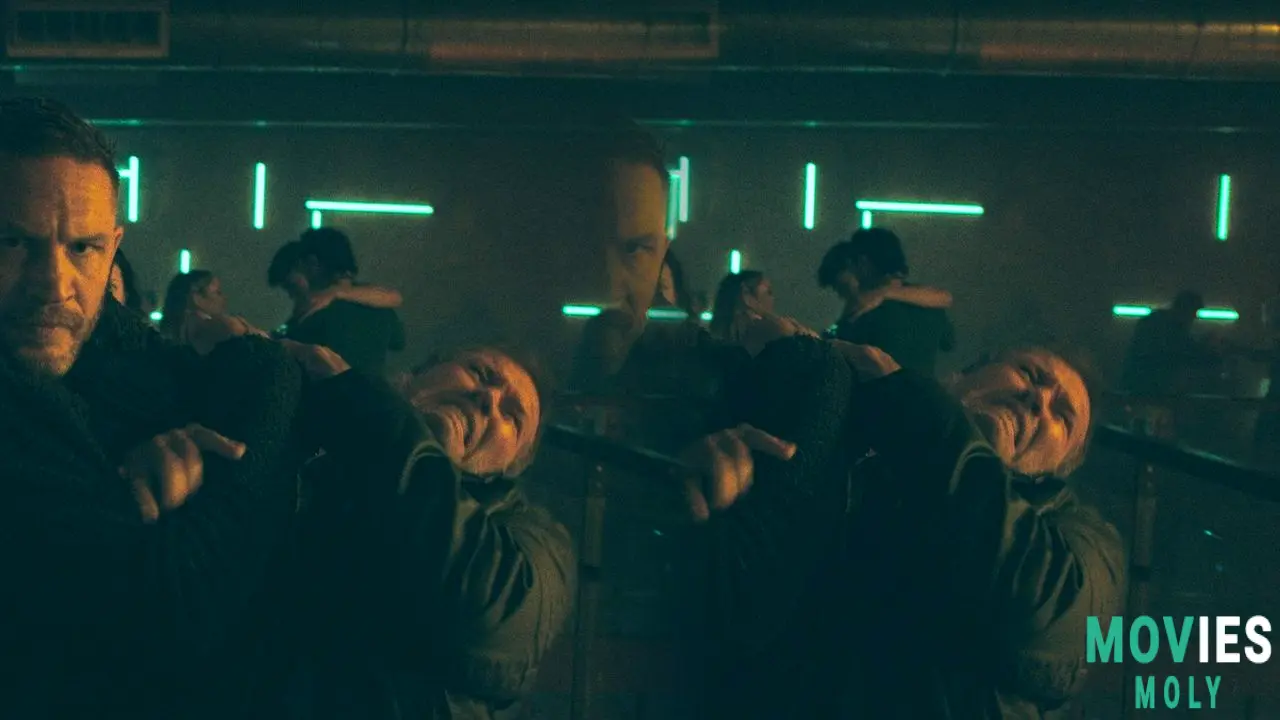
If Evans’ The Raid films were the cinematic equivalent of lightning strikes, then Havoc is a continuous thunderstorm. The director doesn’t just film action; he composes it like a symphony of destruction. The nightclub sequence—an extended, multi-level brawl through a grimy dance hall of despair—is worth the price of admission alone. Critics have compared it to John Wick’s Red Circle fight, but honestly, that’s underselling it. Evans turns the Medusa club into a chaotic chessboard, where every punch, shot, and takedown is a move in a beautifully brutal game.
What’s remarkable is how Evans manages to keep the carnage coherent. There are multiple factions, shifting alliances, and a full arsenal on display, yet the action never devolves into visual noise. It flows. It breathes. It smacks you in the face with style and substance. Even the moments of over-the-top savagery—the kind that made me audibly laugh at their inventiveness—never feel out of place. They’re part of the world Evans builds, a world that’s grimey, comic-like, and somehow emotionally resonant.
Havoc’s chaotic story never settles, but that’s part of its charm
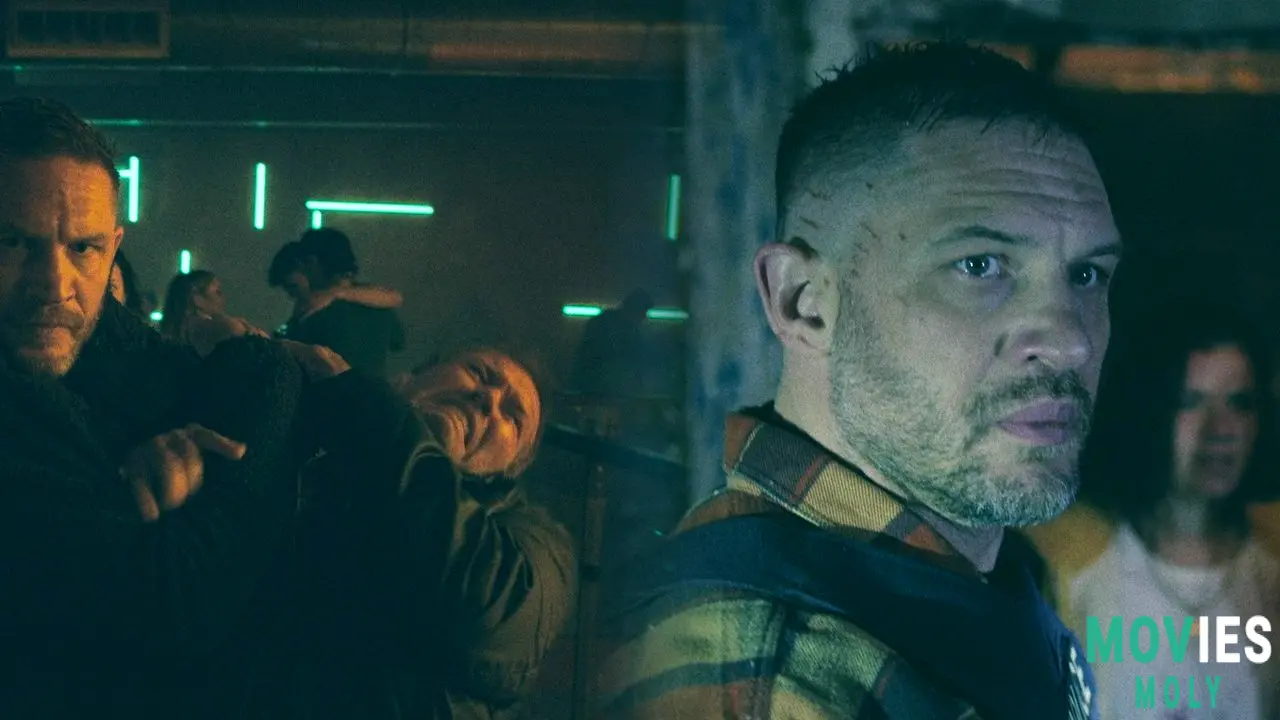
Okay, full disclosure: the plot of Havoc gets a bit crowded. Corrupt politicians, triad gangsters, multiple power players, and a city that feels like a mash-up of Gotham and Sin City all throw themselves into the fray. Walker’s mission to rescue the politician’s son, Charlie, spirals into a labyrinth of betrayals and bloodshed. It’s messy. It’s pulpy. And it never stops moving.
But here’s the thing—the story isn’t meant to be a tightly wound thriller. It’s a trigger for the chaos. Like a comic book that crams every cool villain into one issue, Havoc leans into the mayhem instead of hiding from it. And for fans of Evans’ work, that’s more than acceptable. It’s exhilarating.
The quiet emotional beats give Havoc its unexpected heart
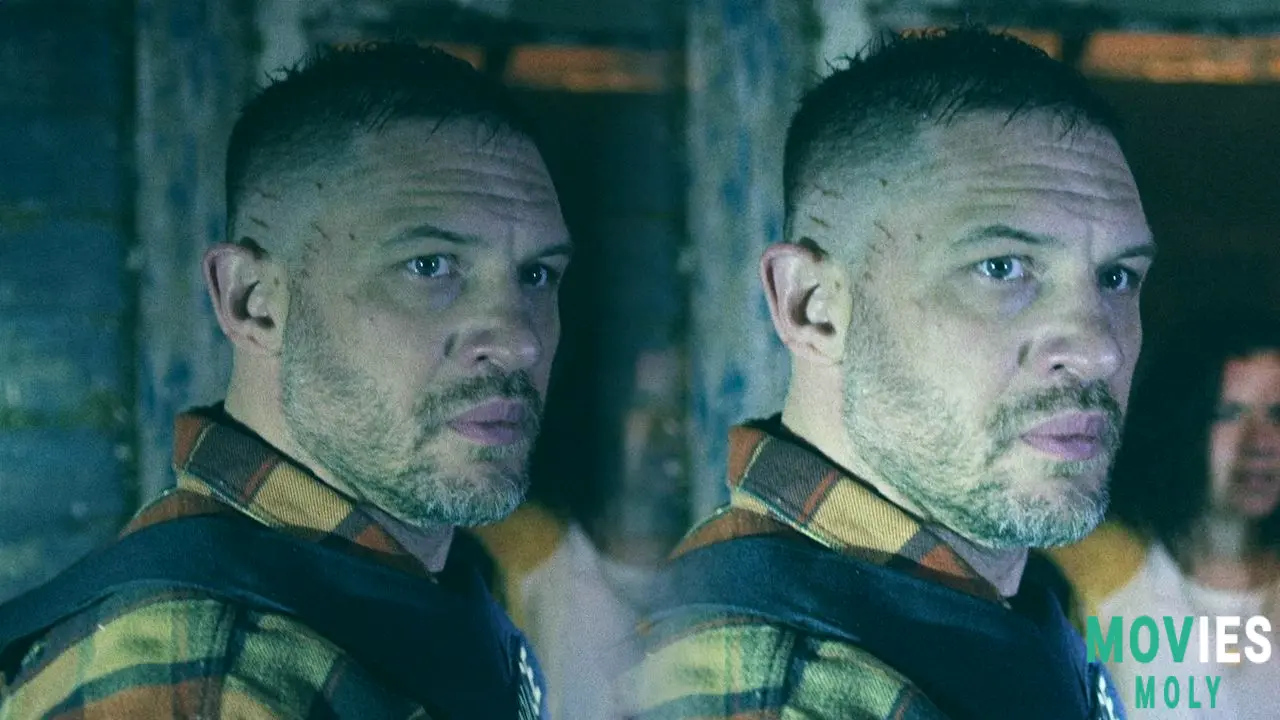
Amid the gore and gunfire, Havoc sneaks in a few—and only a few—moments of genuine emotional weight. The most striking of these is a late-scene conversation between Forest Whitaker’s Lawrence Beaumont and the triad matriarch known only as “Big Sister.” Two parents, from two violent worlds, share a rare moment of vulnerability as they reflect on their estranged children. It’s a small scene, but it lands like a grenade in slow motion.
Evans, who has increasingly explored parental themes in his work, uses this quiet interlude to ground the film’s chaos in human regret and longing. It’s a masterstroke of pacing and tone. In a movie where feelings are usually liabilities, this one moment gives the explosive finale emotional resonance. It’s the sort of storytelling maturity that separates Havoc from being just another bloodbath.
Jessie Mei Li adds heart to a world drenched in violence
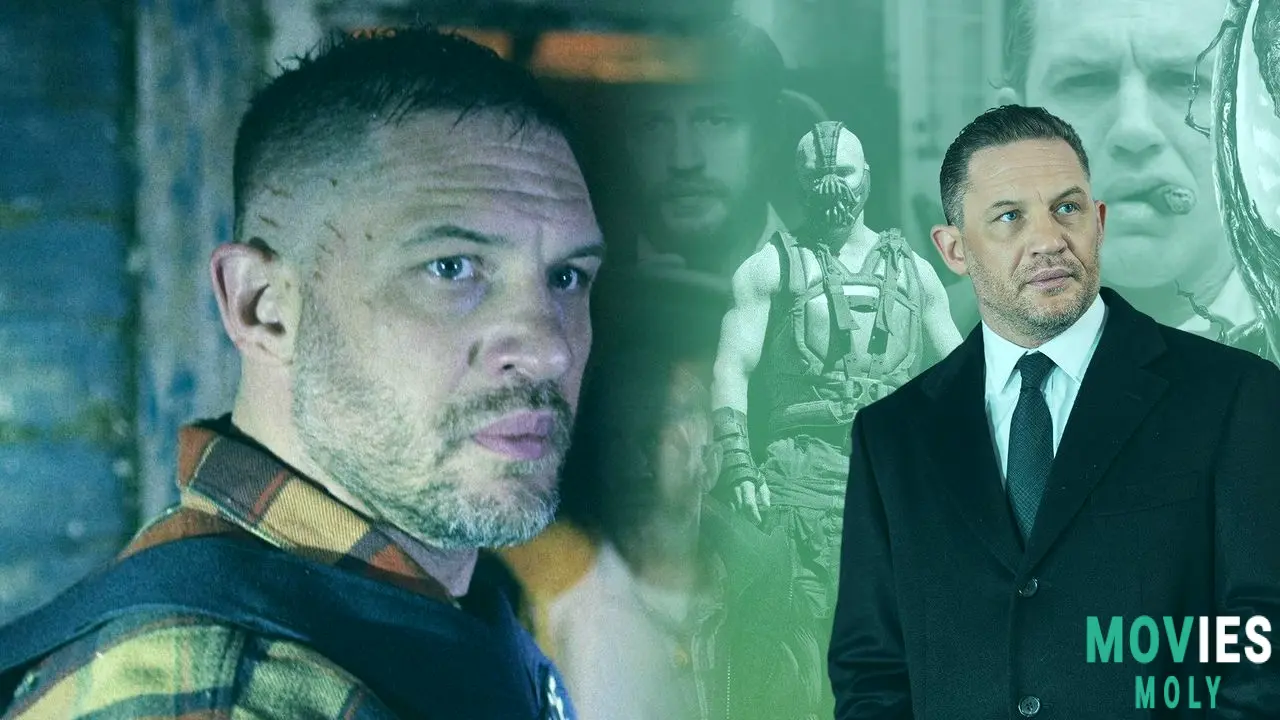
Ellie, the rookie cop played by Jessie Mei Li, is the emotional anchor that Havoc didn’t know it needed. Naive but resilient, she drags us into Walker’s world and provides a counterpoint to his cynicism. She’s not just eye candy or damsel-in-distress material—she survives, she adapts, and she humanizes. Her presence keeps the story from floating too far into nihilism, and her chemistry with Hardy is subtle but effective.
Why Havoc is Netflix’s best original movie of 2025 so far
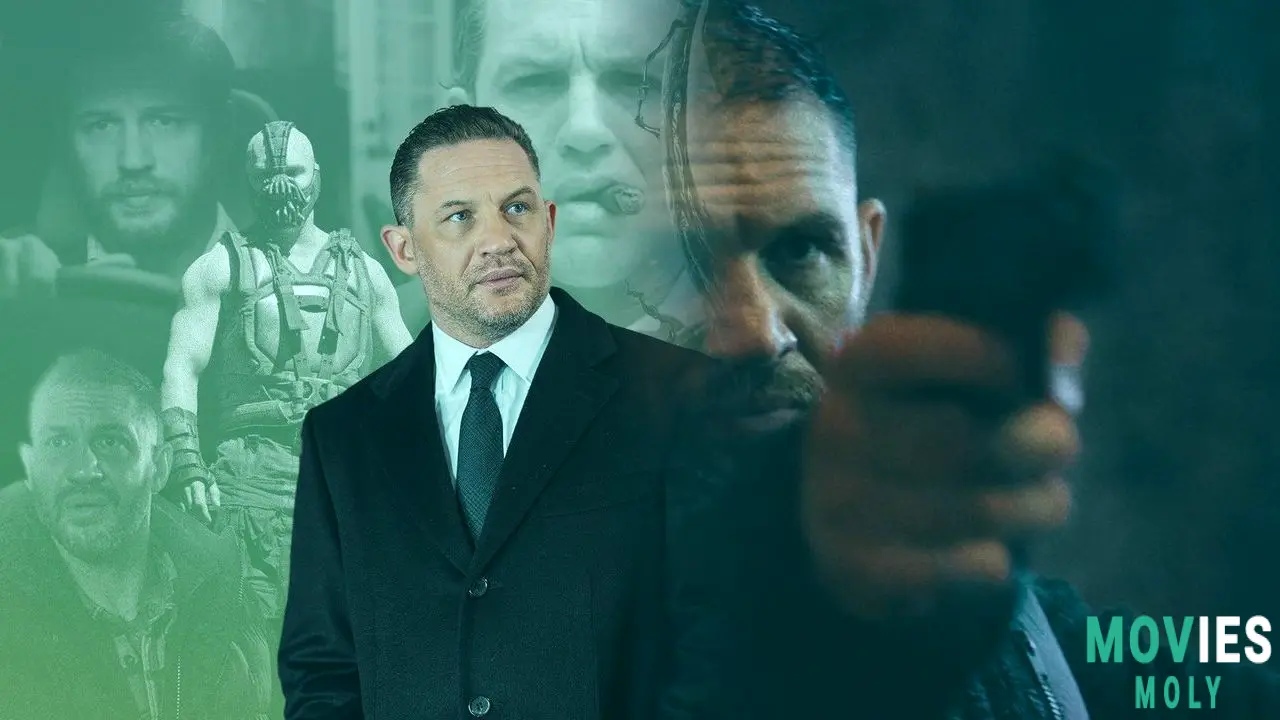
After years of slogging through mediocre streaming originals, Havoc bursts onto Netflix like a Molotov cocktail of pure genre joy. It’s not perfect. It doesn’t need to be. It’s got a messy narrative, a comic-book city that wasn’t even shot in America, and a protagonist who’s more archetype than auteur. But it delivers what matters: unforgettable action, atmospheric world-building, and a director in full command of his craft.
For action fans, this is what you’ve been waiting for. For Tom Hardy fans, this is the performance that reminds you what he’s capable of when given the right material. And for everyone else, Havoc is proof that Netflix can still be the home of original, explosive genre cinema.
So strap in. Keep your eyes on the screen. And don’t blink during the Medusa sequence. This is Havoc, and it’s coming for you.

